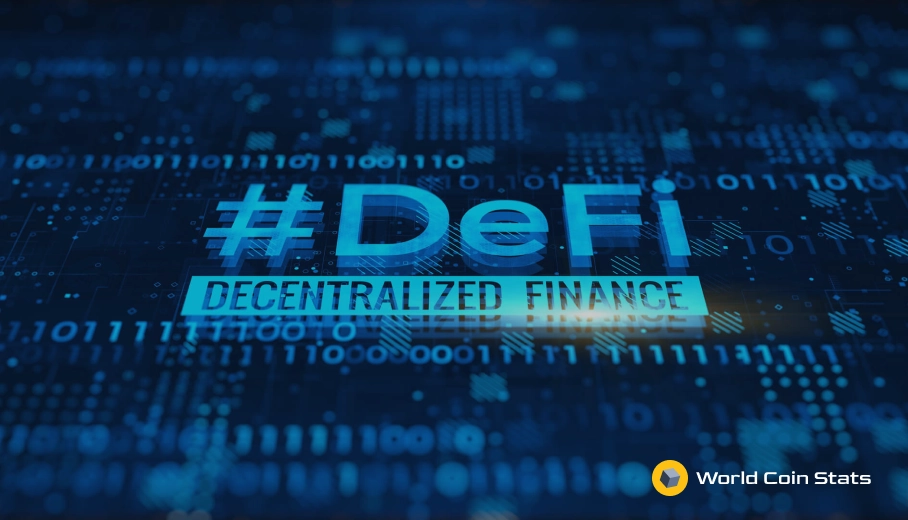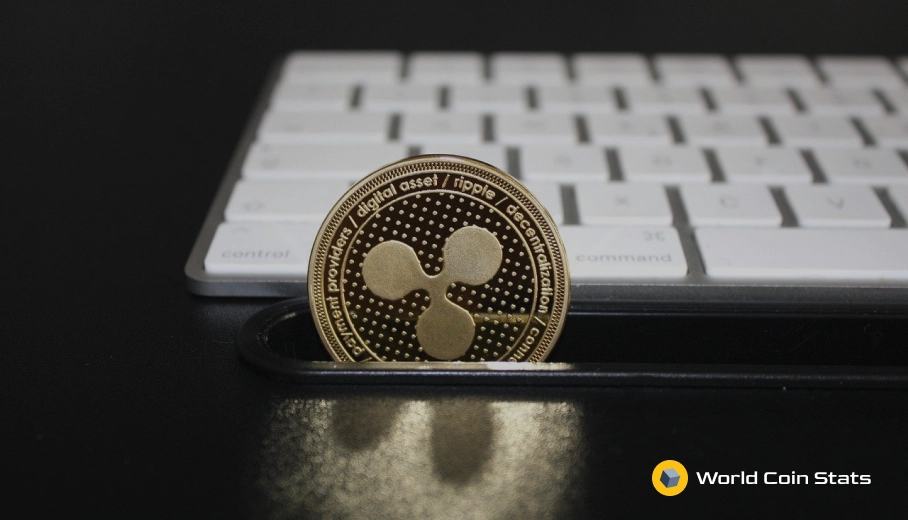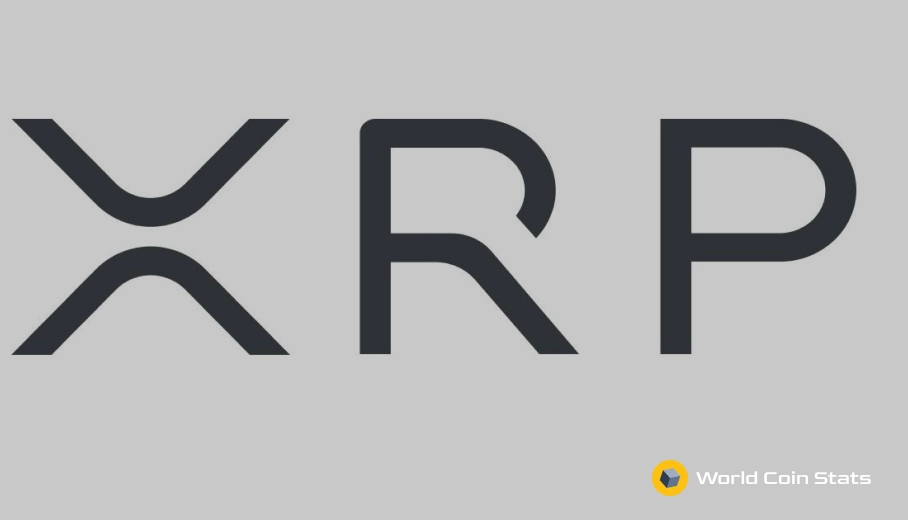What Is The Meaning of DeFi In Cryptocurrency?
The most popular near area in cryptocurrency is DeFi, which brings up the obvious question.
What is DeFi?
To put it simply, DeFi is decentralized finance. It mostly operates on the Ethereum platform and involves users using smart contracts to fulfill various financial contracts without the use of a central finance party.
Now, this article will do a little more than simply tell you the definition of DeFi. We will cover everything that you need to know about DeFi and why DeFi is set to cause the next cryptocurrency bubble.
Really, many experts predict that DeFi will be equal to or even bigger than the ICO surge of 2017.
Contents
How does DeFi work?
As mentioned previously, DeFi works by using smart contracts rather than centralized financial institutions to conduct financial transactions.
DeFi can do basically every type of financial transaction, which is extremely convenient.
You can loan, borrow, and even stake cryptocurrency with DeFi because of the smart contracts. Additionally, you can conduct other transactions such as gambling and escrow services with DeFi.
Why is DeFi a game changer?
You have probably guessed by now, but DeFi has significantly lower fees than traditional fees.
Seriously, some of the fees with DeFi are upto 50% lower with DeFi compared to traditional finance.
In addition to that, DeFi has none of the normal restrictions on global transactions that you find with traditional financial instruments.
With DeFi, you have the ability to conduct transactions with anyone in the world without any additional fee.
For instance, you could issue a cryptocurrency loan to someone in South Africa from America with no absolutely no additional restrictions.
That’s convenient, and it’s the primary reason that the days of traditional, centralized finance are numbered.
What are some examples of DeFi apps (dApps)?
DeFi has applications called dApps that are essentially decentralized financial applications. dApps are usually built on the Ethereum network due to the ability to utilize smart contracts.
Here are some popular examples of dApps and how they are used.
- Compound and Aave – These platforms allow you to borrow and lend cryptocurrency. And yes, these platforms offer the ability to lend and borrow with collateral.
- Augur – Augur allows you to bet on events. It’s usually used with sports betting. The result of the sports match is posted to the blockchain, and the smart contracts are executed.
- Synthetix – This dApp allows you to trade derivatives of real-life assets. Some assets include gold, silver, oi, and fiat currency.
- PoolTogether – This dApp allows you to enter a lottery for the interest earned from loans. However, it’s a no-loss lottery, so everyone other than the winner receives their money back.
These are just some examples of the many dApps available. With that said, most of the monetary value in dApps is in the lending sector.
How much value is in cryptocurrency loans?
Approximately 70% of the almost $7 billion in cryptocurrency is tied up in loans.
What is the total value of DeFi cryptocurrency?
First of all, DeFi started in September 2017 with the addition of smart contracts to the Ethereum network. It started with a very small total value of all transactions of about $6.7 million.
That’s not a lot of money.
Fortunately, DeFi has boomed over the years and especially in 2020.
The total value of all DeFi transactions (value of currency in DeFi) at the time of writing is approximately $7 billion.
Approximately half of that increase came in August when DeFi jumped from $4 billion to almost $7 billion.
Additionally, DeFi is showing no signs of slowing down – it’s value keeps going up.
How do I invest in DeFi?
Investing in DeFi is relatively simple.
Do you have cryptocurrency? Do you have any cryptocurrency that uses the proof of stake concept?
If you have cryptocurrency, then you can deposit it on one of the non-custodial exchanges, convert it to that exchange’s token, and stake the token.
You will then earn a share of the fees that the exchange collects from users when they conduct transactions on the exchange.
On the other hand, if you have a proof of stake cryptocurrency that offers staking, then participating in DeFi is as simple as allocating some of your coins to the blockchain (staking). You will receive a staking fee after each block is mined.
Staking is essentially mining on a proof of stake cryptocurrency.
Will DeFI create a crypto bubble similar to the ICO bubble?
In our opinion, yes. DeFi will certainly create a crypto bubble similar to the ICO bubble. However, there is one major difference between the ICO bubble and the potential DeFi bubble:
DeFi will be much more practical than the ICO bubble.
The 2017 ICO bubble was based mostly on speculation of what the various ICOs could do. There were no results.
It was 100% speculation.
DeFi is slightly different because much of the value is driven by people using dApps as a replacement for traditional financial instruments.
It’s for that reason that we believe that DeFi has the potential to be the bubble that actually disrupts traditional financial markets, which is vastly different from the ICO bubble that was mostly driven by speculation about disrupting financial markets.
What are the risks with DeFi?
All financial instruments have inherent risks to them, which is why they can make money. You can’t make money without some risk.
The only real risk with DeFi is that the underlying cryptocurrency loses value, which will cause your investment to decrease.
Security concerns generally aren’t a concern with DeFi despite some security breaches of dApps in the past. Cryptocurrency is extremely secure if you follow proper protocols.
How to stay safe with DeFi?
The biggest way to stay safe while using DeFi is to ensure that the transaction is confirmed before conducting any further transaction. You should also carefully examine the smart contract before accepting it.
That said, DeFi is safe. You simply have no recourse in the event that you make a mistake and get scammed. And that’s where most of the risk with DeFi lies – the immutability of the platform.




